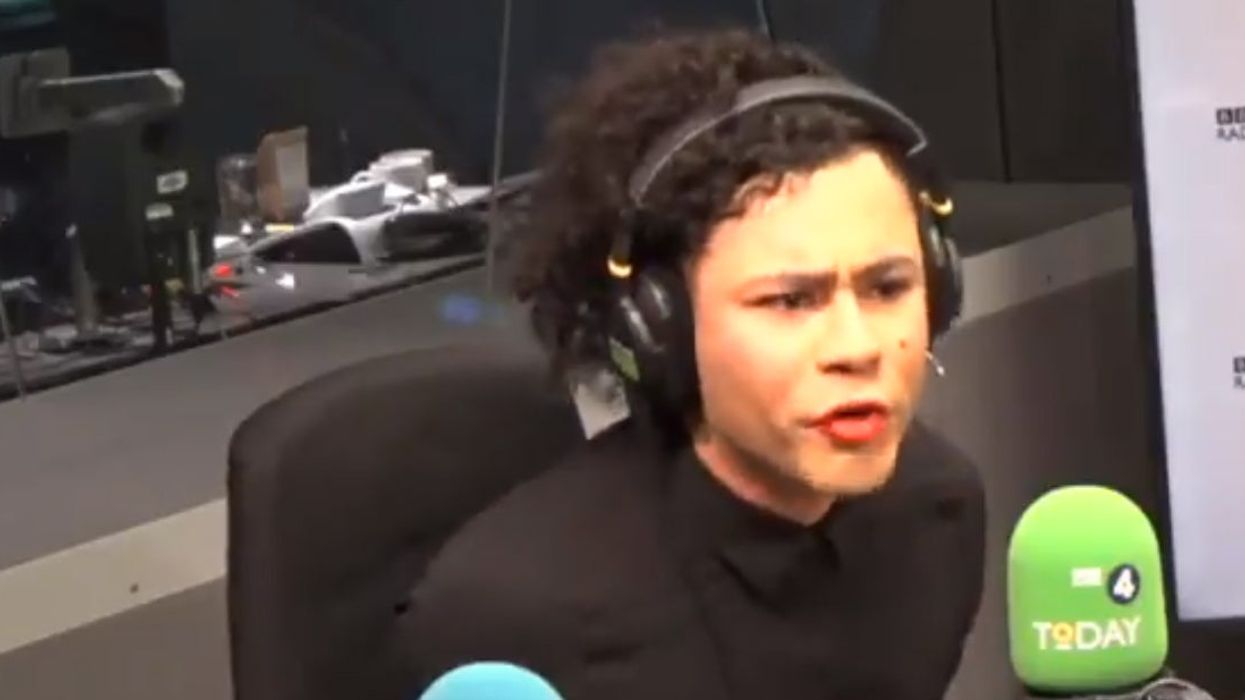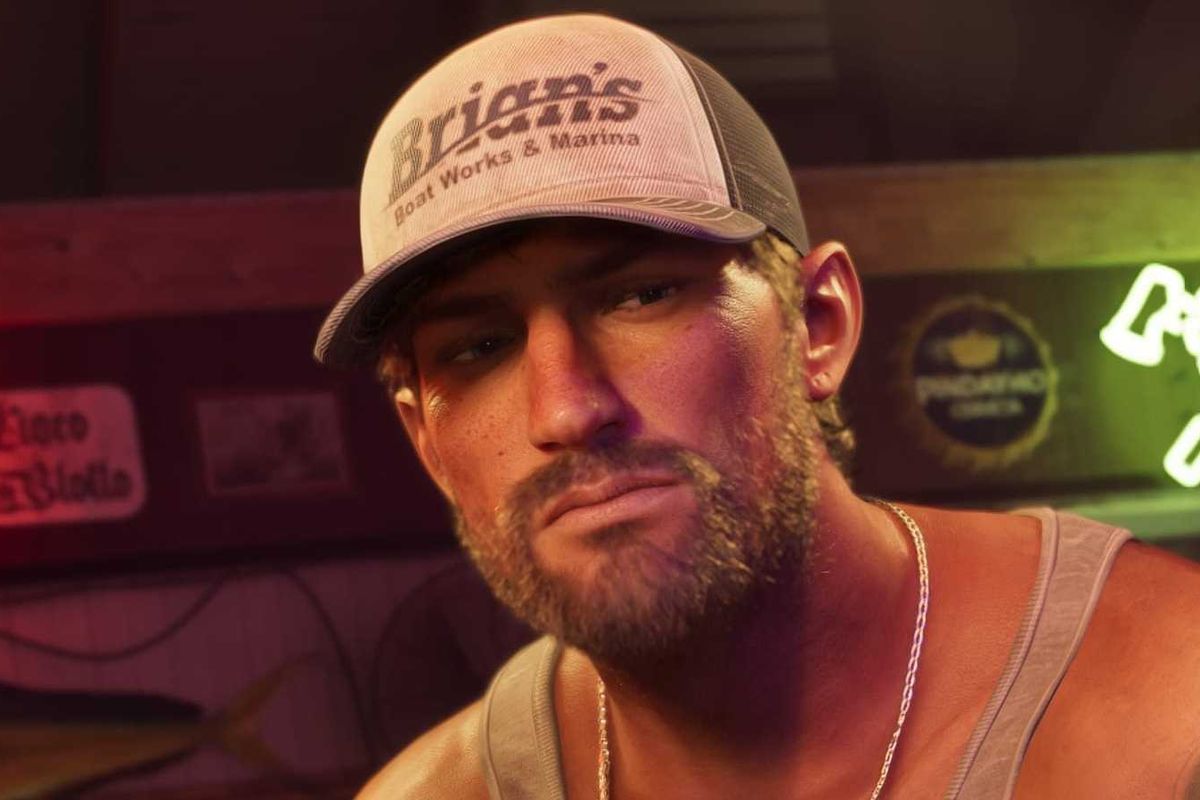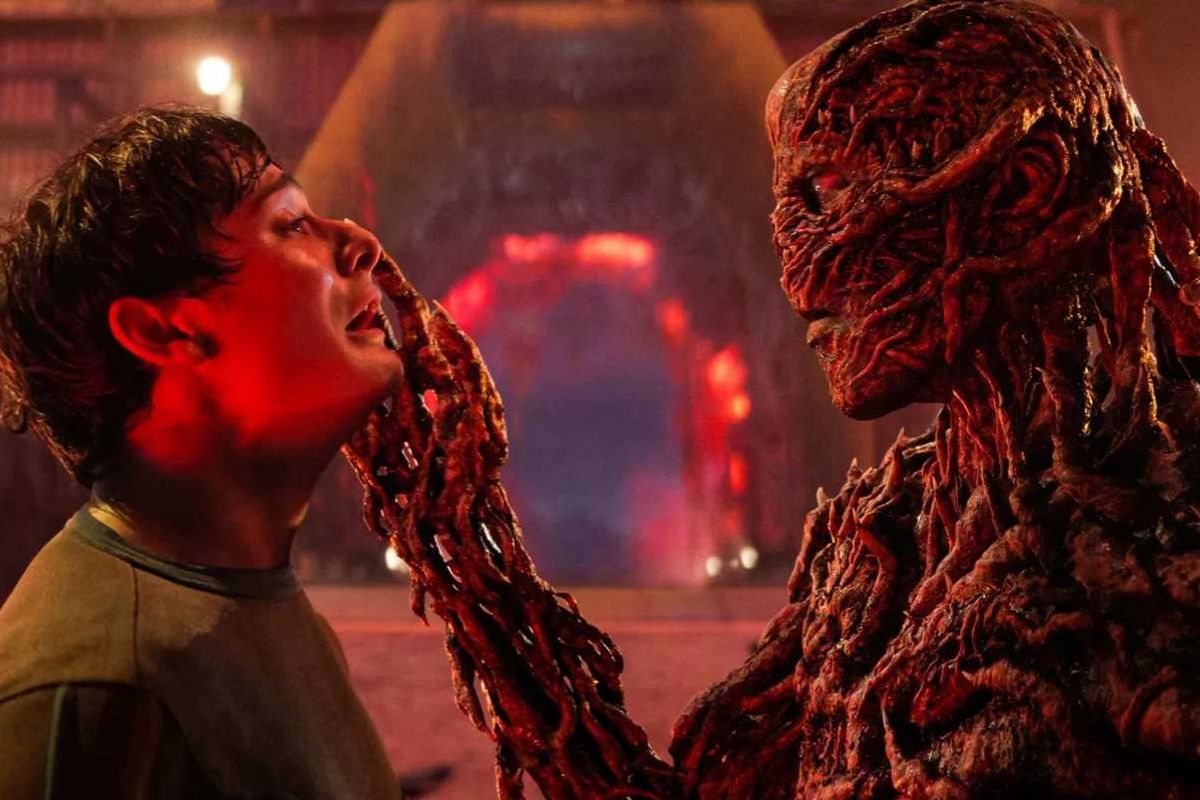Celebrities
Greg Evans
Dec 29, 2018
Artist, writer and activist Travis Alabanza has appeared on the BBC Radio 4 Today programme and given an honest and thought-provoking account of their experience as a non-binary person.
Alabanza, who uses they/them pronouns, spoke to Martha Kearney on Saturday morning about gender identity, masculinity and mental health.
They began by talking about their relationship with gender before turning to the relief they felt when people stopped gendering them.
For me, I think the conversation was that I could continue to go along and say that I am a boy but actually I think I want a life where people are allowed to live to their fullest and allowed to be their truest self and be the happiest they could be.
The moment I found people that stopped gendering me, I just felt my entire body de-tense and I was like 'wouldn't it be great if we could live in a world where we could declare who we are and say who we are to make us as relaxed as possible?'
Travis was then asked about the relatively new word 'non-binary' and the problems they faced at school when forced into situations where they were only with boys.
I found my gender before I found the word 'non-binary.' I think something that happens with this conversation is that people fixate on the word and forget that people that haven't existed as male and female have been here for thousands of years.
Since the beginning of 'male' and 'female' there have been people that have said 'well, actually I'm neither.' If we look at the history of Greeks and ancient times there are always examples of gender non-conformity.
Just recently I was doing a show and found that as late as the 20 century in Italy, femminiello people were actually seen as heightened in their society for not being male or female.
So the world non-binary kinda came to me later but what came quite soon was that I stopped being able to function. I would genuinely go into school and if it was PE I would find every possible way not to go as I couldn't possibly be in a room that was just boys because I could feel in myself that wasn't what I was.
This is where it becomes hard in the conversation as it becomes about trusting people. If you haven't experienced gender dysphoria, it's very hard to describe to someone how all-consuming that feeling is.
Trans people also tend to face more mental health issues than the general public, that aren't being properly addressed or considered by professionals. Travis added that the 'debate' surrounding trans people and the lack of help they are receiving is leading to widespread problems in the community, such as discrimination and physical abuse.
In the trans community, we face a disproportionate amount of mental health problems and often then we try to and get services from mental health professionals they don't understand us to help us and some people we try to flip this in innately problematic to our health but actually I see it as more how society is treating trans people is what causes our mental health.
It's so hard to hear the word debate in tangent to my existence, I think that's where this conversation has left us at is that there is a reality to this debate which is being left out which is that trans people are facing disproportionate amounts of employment. assault, harassment and attacks. Recently we saw in surveys from Stonewall that one three trans people at work have faced discrimination or abuse at work, 45 per cent have faced physical violence so I wish when we are talking about physical space we are also talking about trans people's rights to physical space too.
The Today programme shared a brief clip of Travis on Twitter, which has already been viewed more than 86,000 times, with many people thanking Travis for sharing their story.
Travis appeared on the show alongside guest editor Chidera Eggerue, The Slum Flower, who earlier this year launched the #SaggyBoobsMatter movement.
Earlier this year, Travis launched their first stage solo show. Burgerz reenacts a real incident from 2016, where Travis was subjected to transphobic abuse in broad daylight and what it means to be a trans person in public.
More: A poem by a 73-year-old woman about non-binary pronouns has gone viral

Top 100
The Conversation (0)














